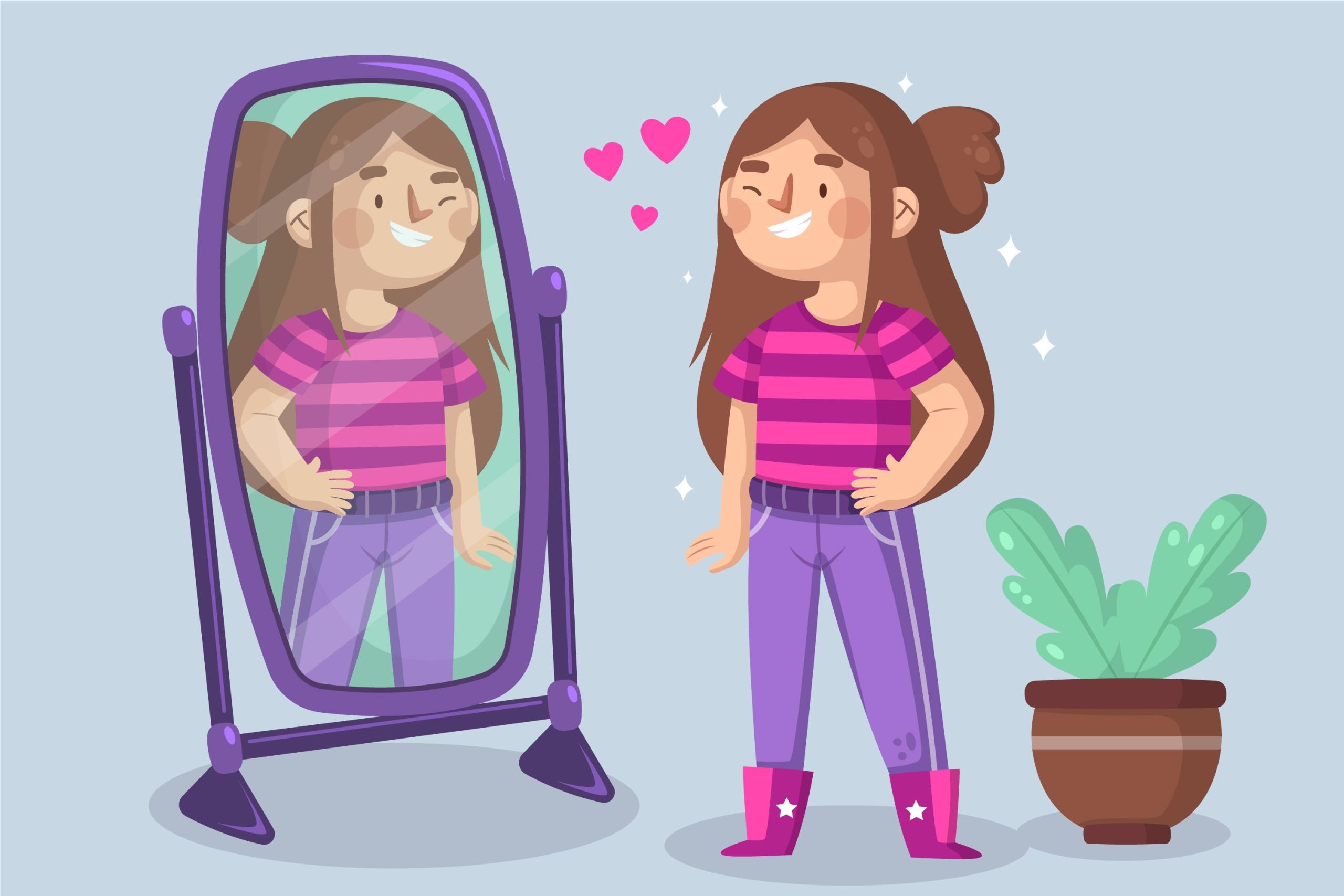Navigating the teenage years can be challenging, not just for teens but for parents, teachers, and caregivers who support them. One of the most critical aspects of adolescent development is self-esteem, which significantly impacts a teenager’s mental health, academic performance, and social relationships.
Understanding Teen Self-Esteem
Self-esteem refers to how individuals perceive and value themselves. For teenagers, this self-perception is influenced by a variety of factors, including:
- Peer Influence: Teens are highly sensitive to the opinions and acceptance of their peers. Positive peer relationships can boost self-esteem, while negative interactions, such as bullying or exclusion, can severely impact a teen’s self-worth.
- Academic Pressure: School performance and academic achievements often serve as benchmarks for self-evaluation. Teens who struggle academically may experience lower self-esteem, while those who excel might tie their self-worth to their grades.
- Social Media: The digital age has introduced new challenges, with social media playing a significant role in shaping teens’ self-image. The pressure to present a “perfect” life online can lead to feelings of inadequacy and comparison.
- Family Dynamics: Supportive and nurturing family environments foster positive self-esteem, while critical or neglectful family interactions can damage a teen’s self-view.
- Personal Identity: Adolescents are in a crucial phase of forming their identities. The struggle to understand themselves and where they fit in the world can affect their self-esteem.
Signs of Low Self-Esteem in Teens
Identifying low self-esteem in teenagers can be challenging, as they might not always express their feelings directly. However, some common signs include:
- Avoiding social situations: Teens may withdraw from social activities or isolate themselves from friends and family.
- Negative self-talk: Teens with low self-esteem often engage in self-criticism and may frequently express feelings of worthlessness or inadequacy.
- Difficulty accepting praise: A teen with low self-esteem might struggle to accept compliments or downplay their achievements.
- Fear of failure: Teens might avoid trying new things due to a fear of failing or disappointing others.
- Perfectionism: The drive to be perfect can stem from a need to prove self-worth and gain validation.
Empowering Adolescents to Build Self-Esteem
Empowering teenagers to develop and maintain healthy self-esteem involves providing support, encouragement, and tools to navigate the challenges they face. Here are some effective strategies:
- Encourage Open Communication: Create a safe and non-judgmental space for teens to express their thoughts and feelings. Active listening and empathetic responses can help them feel valued and understood.
- Promote Self-Compassion: Teach teens to treat themselves with kindness and understanding, especially when they make mistakes. Encourage them to recognize their strengths and celebrate their successes, no matter how small.
- Set Realistic Goals: Help teens set achievable goals that align with their interests and abilities. Breaking larger goals into smaller, manageable steps can build confidence and a sense of accomplishment.
- Foster Positive Relationships: Encourage teens to surround themselves with supportive friends and mentors who uplift and inspire them. Discuss the importance of healthy relationships and how to navigate negative influences.
- Limit Social Media Impact: Discuss the difference between online portrayals and reality. Encourage breaks from social media and promote activities that focus on personal growth and connection with others.
- Model Healthy Self-Esteem: Demonstrate self-respect and confidence in your own actions. Teens often learn by example, so showing how you handle challenges and practice self-care can be influential.
Seeking Professional Support
In some cases, professional therapy can be beneficial for teenagers struggling with low self-esteem. Therapists can provide a supportive environment to explore underlying issues, develop coping strategies, and build resilience. Cognitive Behavioral Therapy (CBT), for example, is an effective approach to help teens challenge negative thought patterns and foster a positive self-image.
Building healthy self-esteem in teenagers is an ongoing process that requires patience, understanding, and support. By fostering a positive environment and equipping teens with the tools to navigate challenges, we can empower them to develop a strong sense of self-worth and confidence. These efforts will not only benefit them during their teenage years but also lay the foundation for a fulfilling and successful adulthood.





